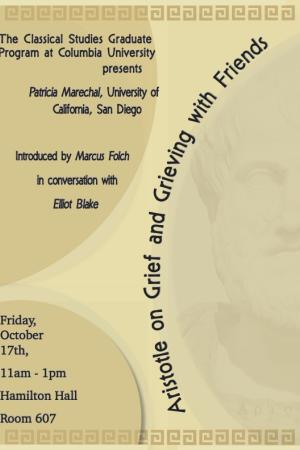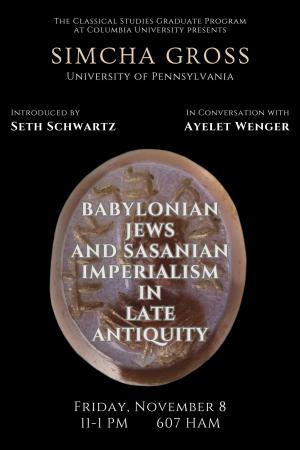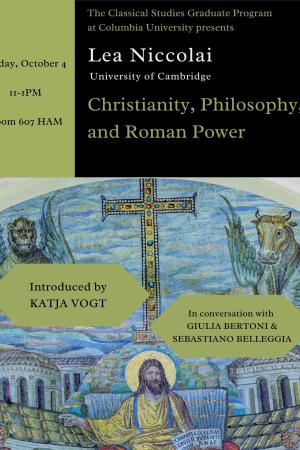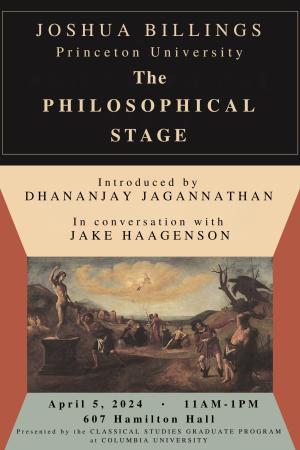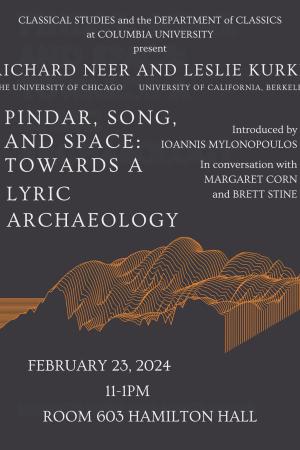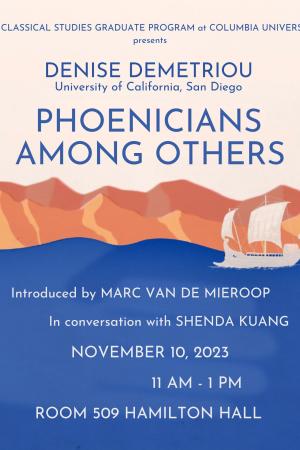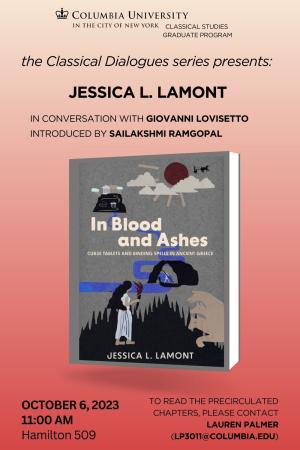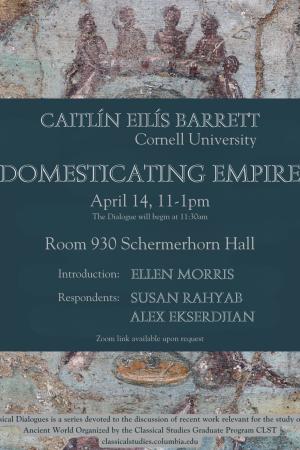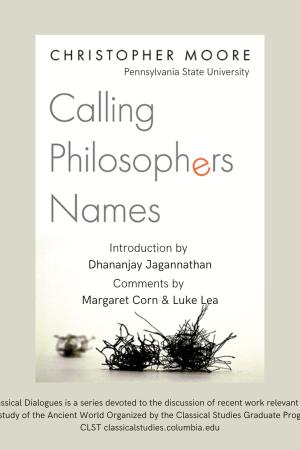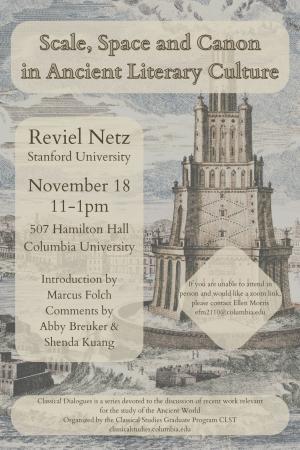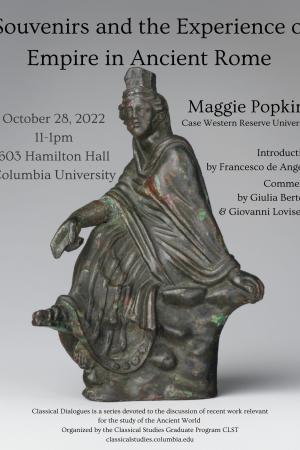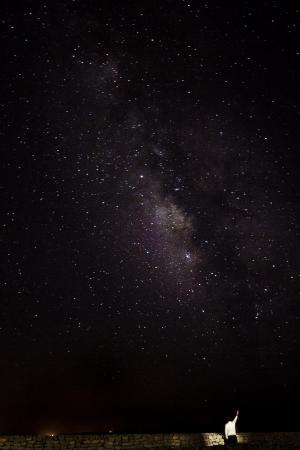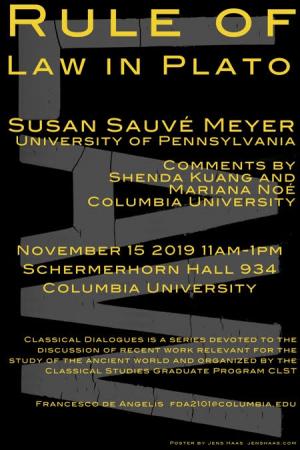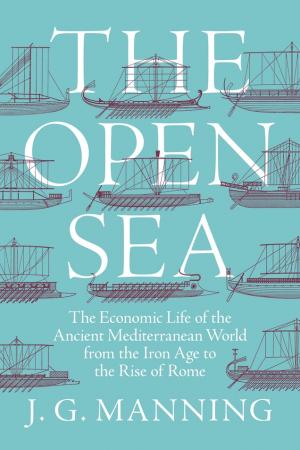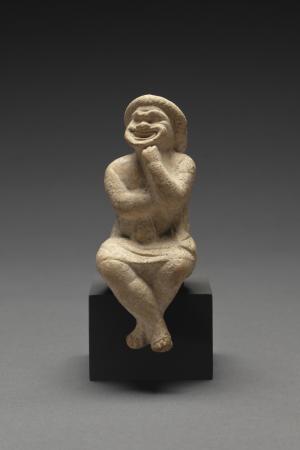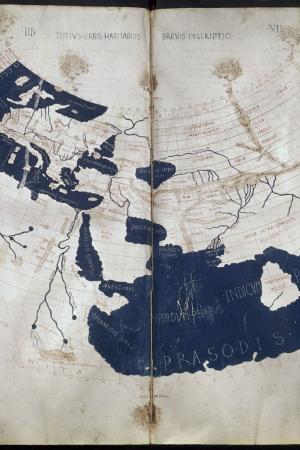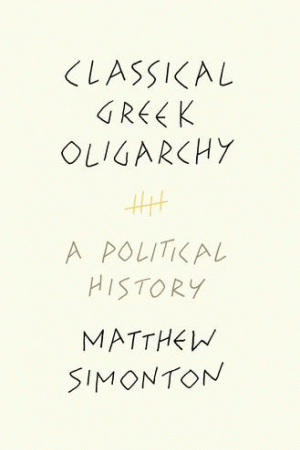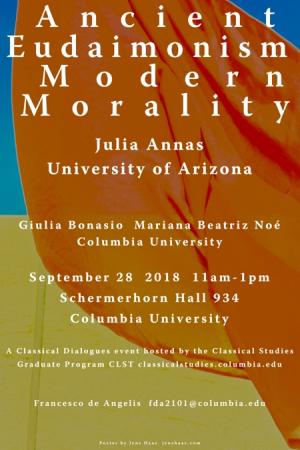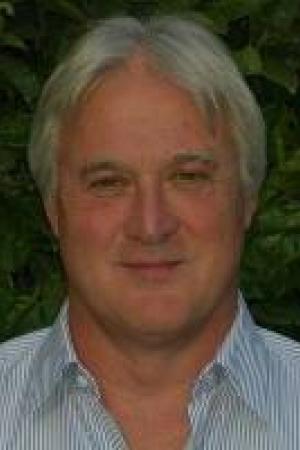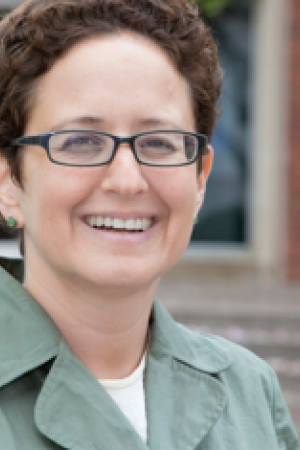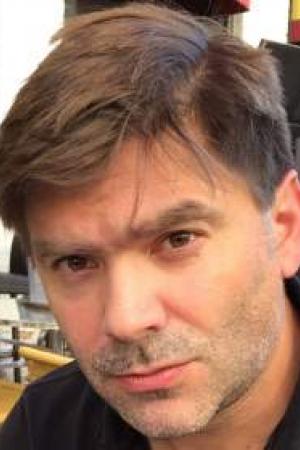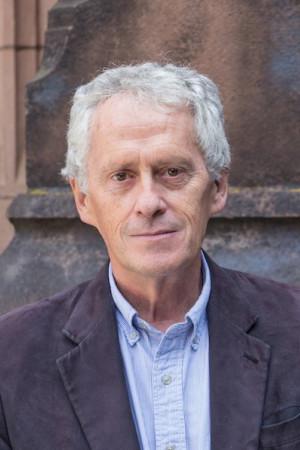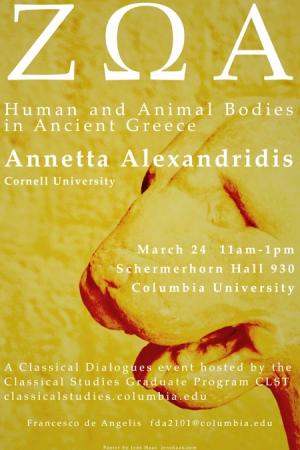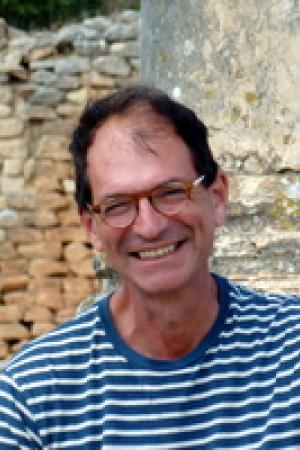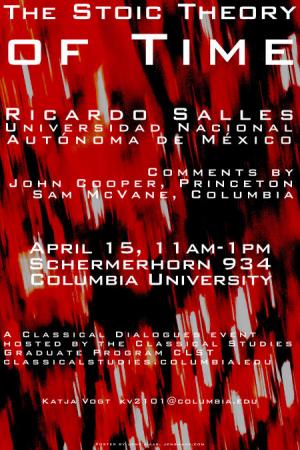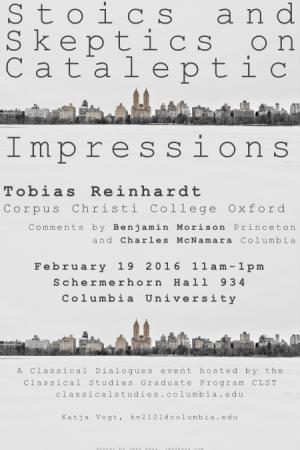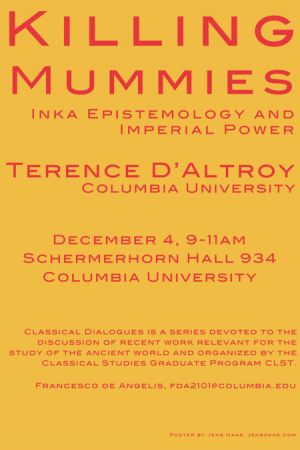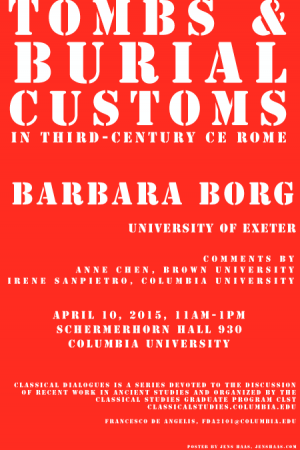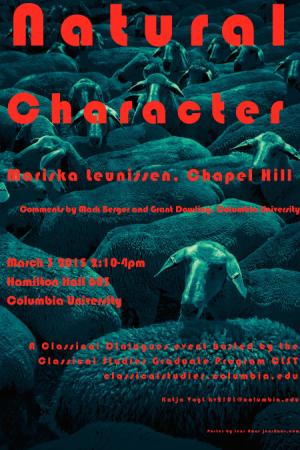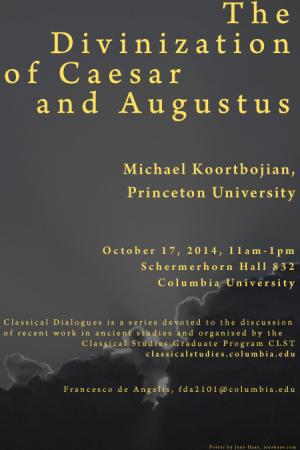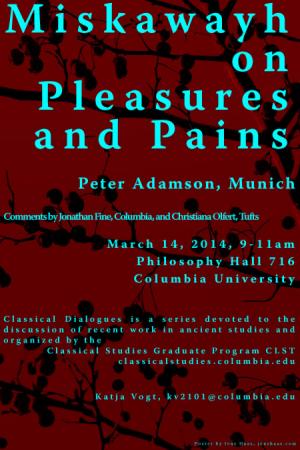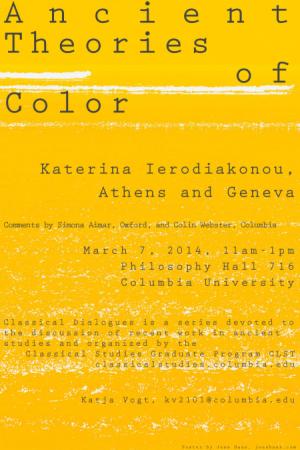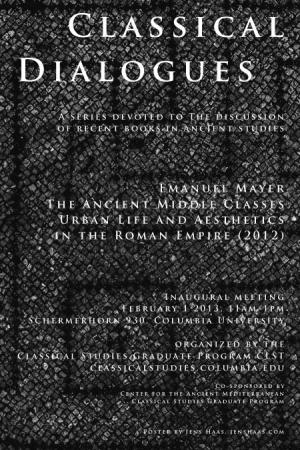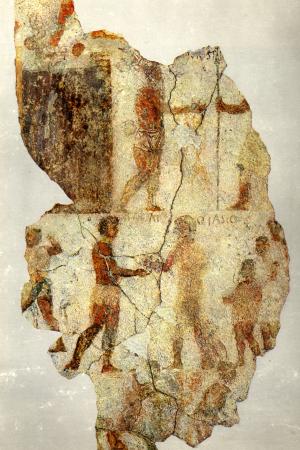 The Early Roman Expansion into ItalyNicola Terrenato University of Michigan at Ann ArborApril 16, 2021 - April 16, 2021
The Early Roman Expansion into ItalyNicola Terrenato University of Michigan at Ann ArborApril 16, 2021 - April 16, 2021
11:00am - 1:00pm -
Columbia University
As part of its Classical Dialogues series, the Classical Studies Graduate Program at Columbia University is pleased to welcome Nicola Terrenato, Esther B. Van Deman Collegiate Professor of Roman Studies at the University of Michigan at Ann Arbor. On April 16th, 11 am-1 pm, Professor Terrenato will discuss his book, "The Early Roman Expansion Into Italy: Elite Negotiation and Family Agendas" (Cambridge University Press, 2019). Respondents: Francesco Cassini (Columbia, Classical Studies) and Mary-Evelyn Farrior (Columbia, Classical Studies). Please see below for an abstract.
Nicola Terrenato’s latest book presents a radical new interpretation of Roman expansion in Italy during the fourth and third centuries BCE, in which he argues that the process was accomplished by means of a grand bargain that was negotiated between the landed elites of central and southern Italy, while military conquest played a much smaller role than is usually envisaged. Deploying archaeological, epigraphic, and historical evidence, the author paints a picture of the family interactions that tied together both Roman and non-Roman aristocrats and that resulted in their pooling power and resources for the creation of a new political entity.
NB: All Spring 2021 Classical Studies events, including the Classical Dialogues, will be held virtually through Zoom. Those interested in participating may contact Professor de Angelis via email to get a copy of the paper and the Zoom link.
In its Classical Dialogues series, the interdepartmental Classical Studies Graduate Program CLST at Columbia University invites authors of recent work in ancient studies that is exemplary for the kind of study that CLST aims to foster. All faculty and students at Columbia and beyond are cordially invited. Participants in the event are required to have read carefully Chapters 1 & 7 in advance, and prepared questions and comments for discussion.
